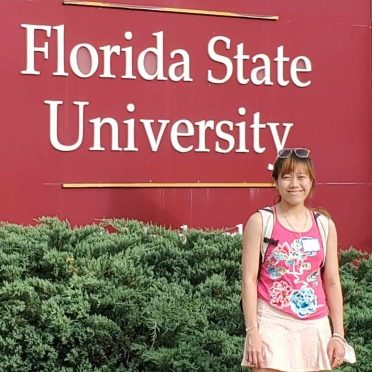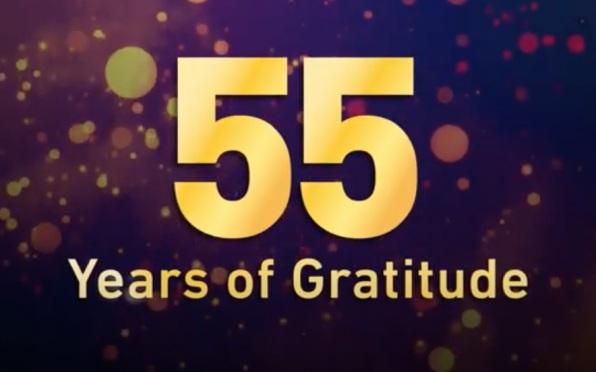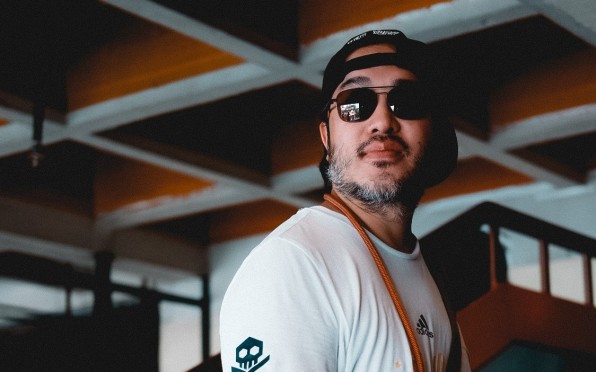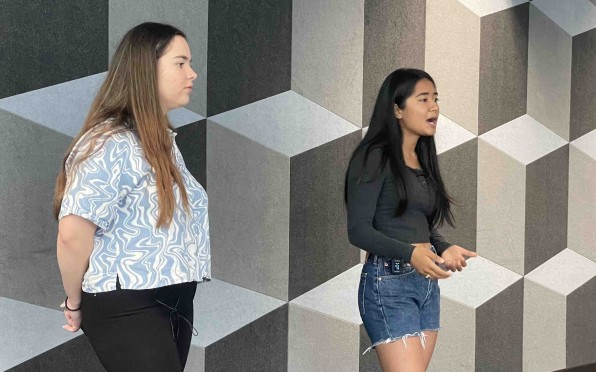As both a Jordanian and Canadian, although originally Palestinian and with family roots in Lebanon and Syria, Naheda Sahtout (‘05) has reason to describe herself as “international all over”! Naheda is an ISKL “lifer” who joined in kindergarten and graduated in 2005.
Now a Doctoral Candidate at the University of Saskatchewan, Naheda participated in a broad range of activities at ISKL, from music and theatre, to forensics and MUN, Earth Club and WHO Cares to name but a few. After ISKL, she moved to Canada where she completed her Bachelor of Science at the University of Waterloo followed by a Masters in Science from the University of Guelph. Notably she did all of this, and earned her black belt in Tae Kwon Do, while being legally blind.
Naheda shared her experiences at ISKL and beyond with Lynette MacDonald, ISKL Director of Development and Alumni Engagement.
LM – What does your visual impairment mean practically for you?
I was born with a visual impairment, and in technical terms I am legally blind. I think it was much more difficult as a child for me to adapt to situations but as I grew up, I began to know what my capabilities are, and find ways to complete tasks in a way that worked for me. Yes, there are certain things that are extremely difficult for me; however, the advantage of knowing what I can and cannot do means that I tend to stay away from things I know I’m unable to do because of my vision. Thankfully, technology has advanced and there are assistive technologies that can help me accomplish tasks that perhaps 10 years ago were difficult.
LM – Tell us about your area of research and the thesis you’re writing (in reasonably simple terms please!)
My PhD focuses on the thioredoxin system, which is a system of proteins found in all living organisms that is crucial for cell survival. This system remains active regardless of the conditions that cells undergo. In my PhD, I focus on understanding how this system functions with changes in environmental temperatures. I study the system from two organisms, one from cold temperatures and one from hot temperatures, to understand what features (if any) have changed to accommodate for the change in environmental temperature. I use biophysical and biochemical techniques to understand the behaviour and activity of these system proteins, and use protein crystallography to understand the structures of these system proteins.
LM – How were you supported to achieve your personal goals at ISKL?
I only ever attended ISKL, so perhaps I am biased about my experiences. I built really strong relationships with my teachers who consistently encouraged me to do my best. Everyone knew I had poor vision, and always found ways to ensure I wasn’t disadvantaged or behind. All my teachers were supportive, from kindergarten all the way to high school. I think what pushed me to do well was the fact that I liked learning – I was an Honours student throughout high school and it was because I liked reading, learning new things and just being engaged in the classroom. My friends were supportive and I never felt I was any different.
LM – You have chosen to study and work in a field that, on the face of it, looks like one that would be particularly challenging for someone with a visual impairment – have you experienced barriers to entry or inclusion?
There have definitely been barriers and it mostly comes down to how comfortable supervisors / faculty members are with supporting and making accommodations for someone with a disability. These incidents have pushed me to keep going forward. In any case, it reinforced the idea that it’s probably better I didn’t work with these faculty members because it probably meant I would have been constantly trying to prove myself. I always enjoyed science and even with the difficulties, science remains my passion.

LM – How often have you had to stand up and advocate for your rights and to be considered for your abilities, rather than your visual impairment?
I don’t think I’ve ever been comfortable advocating for my needs, which is odd considering I made a lot of effort during my PhD program advocating for graduate students in general. I always thought that my abilities would shine despite my visual impairment. Yeah, there were people who would make targeted comments about my vision, but to me that just showed their narrow-minded and exclusive personality. I always did my best and sometimes my best was better than others because I kept pushing myself to improve.
LM – I saw a comment on your LinkedIn following the release of your recent article in nature.com about your experience as a visually imparied person working in STEM. That person said they knew you for your great work but didn’t realise the extent of your visual impairment. Does that feel good – to know that it’s your ability, rather than an impairment, that is noticed? How important is that message, do you think, for children right from their early years?
Definitely! I have always put my best foot forward. I work hard in every aspect of my life and dedicate a lot of my time in tasks that I believe in. I spent the latter part of my PhD advocating and supporting graduate students through leadership positions within the university. I enjoy volunteering in the community and I love teaching. I’ve never had my vision hold me back, and I’ve never wanted anyone to use my vision as a means to hold me back.
This is such an important message for children to hear – in that people will not judge you because of your differences but will notice you for how hard you work to get something done. We all have our own imperfections, but those of you who choose to work hard despite these imperfections will reach your goals. Dream big and do not let anyone tell you what you can and cannot do.
LM – You are involved in science education – which communities do you work in and where does your passion lie?
I have worked with rural and Indigenous communities across Canada. My passion lies in making science accessible – which means creating activities that engage the communities, inspire the students and help the teachers. For me, it is more important to think of activities which the teacher can reuse rather than do fancy experiments which the community cannot afford. Sustainability is key when I think about science outreach.
LM – You seem to have enjoyed public speaking very much – MUN; forensics etc – what does it take to get up in front of an audience and how does that translate to your interest in science education?
I do enjoy public speaking, but it took a lot of practice for me to be good at public speaking (and I’m still learning). No one is born with the ability to stand in front of an audience and speak – it takes practice, dedication, sometimes making mistakes, and even more practice. I remember in high school, my friend give me the word
‘discombobulated’ to use in my speech when president of the NHS, as I was welcoming new members, and for the life of me I could not say it correctly at the podium. That’s OK though because I learn and move on. In my early years as a graduate student, I found I was having trouble communicating my research so that others become engaged and excited. Exciting and engaging others in what we teach and do is exactly how I saw myself wanting to be and knowing how to speak about science in a way that was accessible was extremely important when bringing science to communities.
LM – You were President of Earth Club, which turns 25 this year, in your Junior year…and I notice you used the word ‘sustainability’ in your answer about the science education work. ISKL’s mission and vision is tied very closely with the UN Sustainable Development Goals. Was your time at ISKL influential in forming your views surrounding sustainability?
Ah yes, the UN SDGs! I’m not sure if Earth Club, or my time at ISKL, has any influence on my desire to make education more sustainable and equitable in communities. It really stems from how I’ve seen science being taught in higher education. Sometimes we make STEM learning so convoluted and complicated, and this becomes ineffective, especially when we consider communities with minimal resources. In order for us to consider making education equitable and accessible so that we create sustainable communities, we need to start thinking about how we can teach science in a way that is engaging, without the need for expensive resources. This was one of the skills I learned when doing science outreach – how to use everyday materials and household items when explaining science terms. This desire for accessibility and equitability relates to the challenges I would face as a visually impaired student. We should be able to make learning fun and accessible to all abilities.
LM – What advice do you have for other ISKL alumni or students thinking of pursuing a career in science?
I am actually still in biological sciences – you could say that my main field is biochemistry. I am currently in the Chemistry department because of where my supervisor is situated. I don’t think I would have imagined myself completing a doctoral thesis with a focus on protein crystallography; however, it just goes to show how interrelated science is and how specific research can become.
In terms of advice: choose a subject you are passionate about and if you plan on pursuing graduate school, choose a research topic you are interested in. Figure out what you would like to use your science degree for and that will help narrow down what subject / what degree you need to pursue. There’s a whole world outside of Medicine and Engineering, be creative and use your skills to your advantage. Most importantly, don’t ever let anyone tell you that you aren’t good enough to pursue something.
LM – This is a little out of left field, but how do you cope with the Canadian winters, and what do you miss about ISKL, KL and Malaysia?
Having been raised in Malaysia, I never had the opportunity to experience snow. My first winter in Canada in 2007 was exciting – I saw snow, and could play with it. Now, winter is just another one of those seasons. I am currently living in Saskatchewan which means that winter here is almost half the year so I’ve gotten used to it. It does mean we have to find ways to entertain ourselves indoors. Canadian weather is always a conversation starter! I miss the diversity of authentic food in Malaysia, and I miss the vibrant community I knew of in ISKL.



